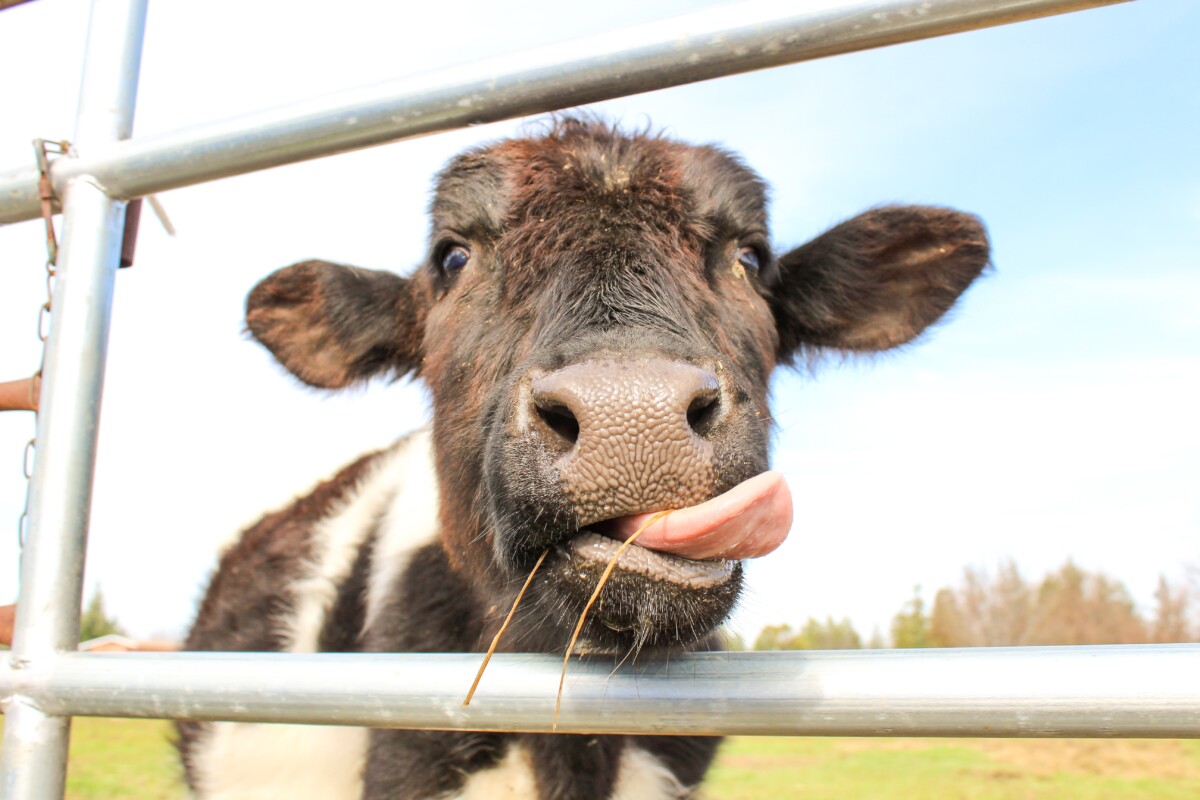Cancer Research UK to create mobile phone game to seek cures
Cancer Research UK has appointed games and software development agency Guerilla Tea to build the charity's first mobile phone game that will combine fun and pinpointing new genetic causes of cancer.
Games expert and Channel 4’s games commissioner Colin Macdonald helped the charity select the agency.
The appointment follows the charity's GameJam event in March 2013. Senior cancer scientists joined over 50 technology experts covering gaming, graphic design, computer programming, and specialists from Amazon Web Services, Facebook, Google and games technology academics from City University London and Omnisoft.
Advertisement
'GeneGame'
The citizen science game, currently referred to as 'GeneGame', will be designed for anyone with a smartphone to spend five minutes playing, which will involve analysing Cancer Research UK's gene data. It will be launched later this year.
Amy Carton, citizen science lead for Cancer Research UK, said: "We’re right at the start of a world-first initiative that will result in a game that we hope hundreds of thousands of people across the globe will want to play over and over again and, at the same time, generate robust scientific data analysis.
“Combining complicated cancer research data and gaming technology in this way has never been done before and it’s certainly no mean feat but we’re working with the best scientific and technology brains in the business, we’re ready for the challenge and believe the results will have global impact and speed up research."
Citizen science
Charities and not-for-profit organisations have been inviting individuals to help them interpret large amounts of data for over 13 years, starting with 'community computing' projects like SETI@home to today's Zooniverse. Cancer scientists generated petabytes of data, but sometimes this can only be analysed effectively by the human eye.
GeneGame is Cancer Research's second citizen science project. It launched Cell Slider in October 2012 to encourage the public to classify archived breast cancer samples. Over 200,000 people have already visited the project's site and made more than 1.6 million classifications.
Dr Joanna Reynolds, director of science information, Cancer Research UK, said: "In just three months, citizen scientists had analysed data that would typically take our scientists 18 months to do and early indications of the accuracy are promising. With GeneGame we are being bolder, braver and bigger and we hope that by the end of the year we’ll have a game that not only is fun to play but will play a crucial role in developing new cancer cures sooner – ultimately saving lives."
Photo: cancer cell and lymphocytes by Juan Gaertner on Shutterstock.com




